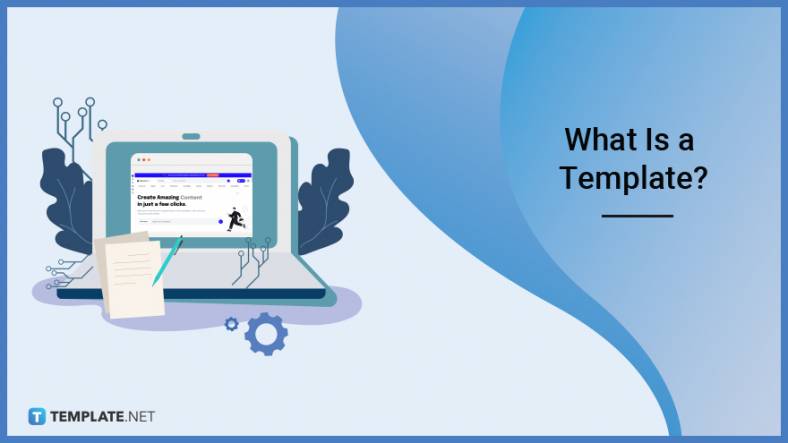
What is a Template?
In today’s fast-paced digital world, efficiency and consistency are key to content creation, and this is where the power of…
Apr 04, 2023
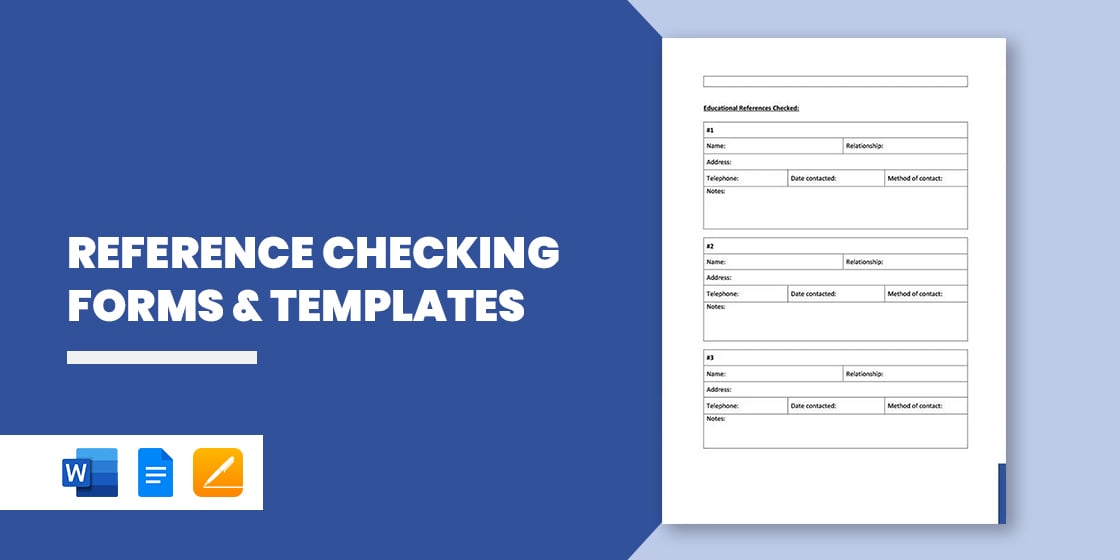
Employers have to make sure that they are hiring the right people for the job. They have to learn as much they can from the multiple resume formats that applicants send them whenever there is a job position that is open to the public. However, one of the biggest problems that employers face is knowing whether an applicant’s resume consists of the truth and only the truth.
There are times when applicants decide to include a couple of exaggerated details in their resumes just so they can acquire the job. This is why employers need to conduct reference checks to guarantee that they have the right person for the job by contacting people like the applicant’s previous employers.
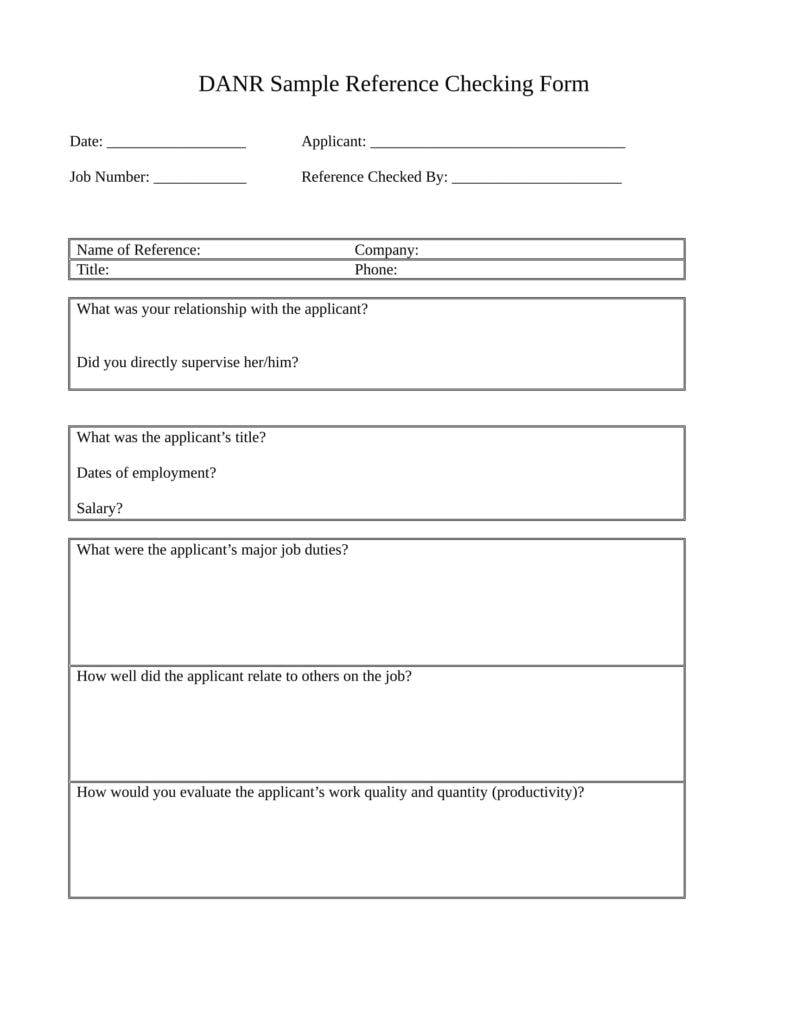
ucanr.edu
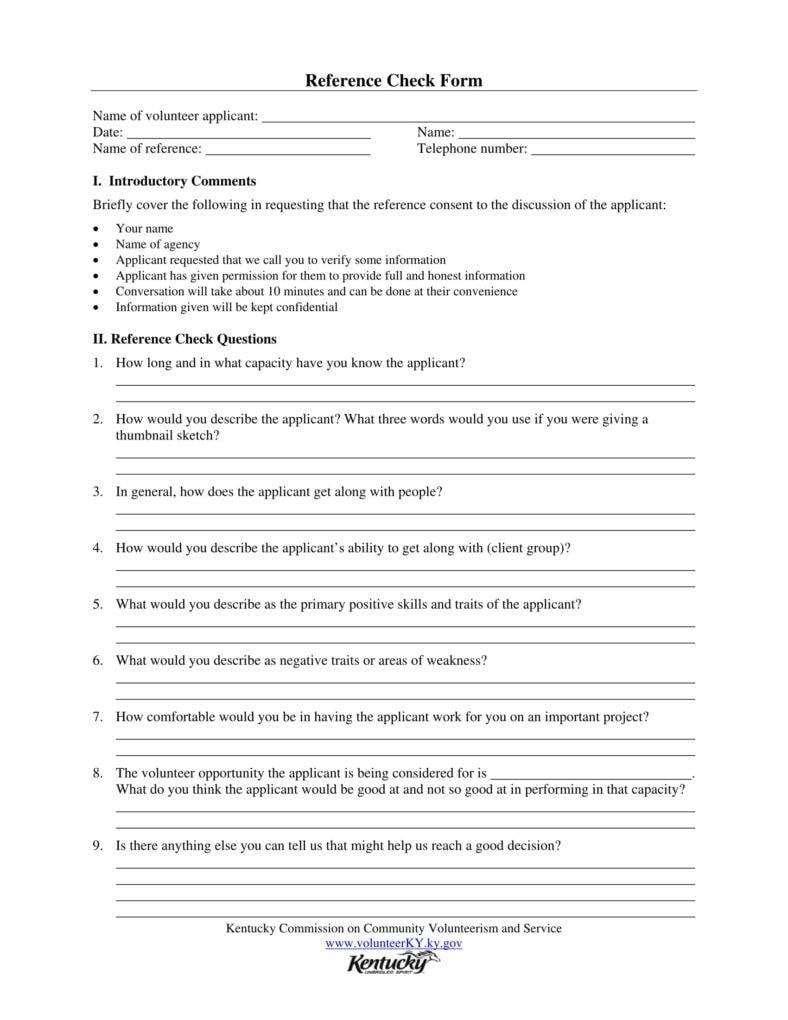
Volunteer Applicant Reference Check Form
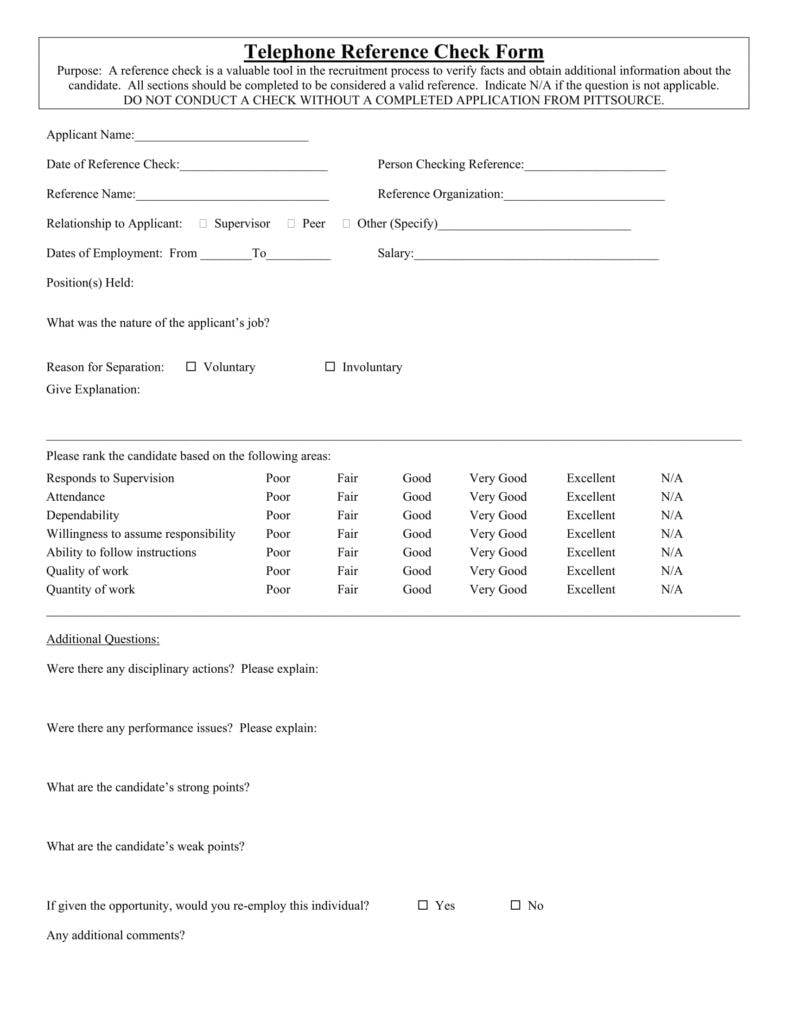
path.upmc.edu
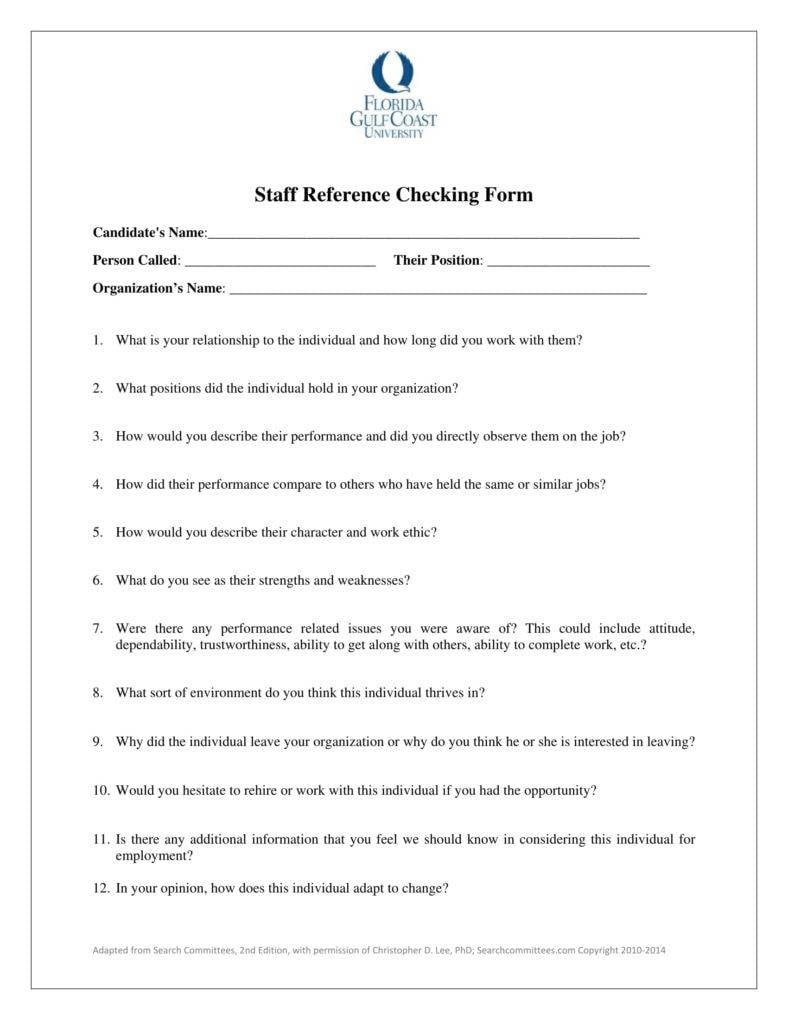
fgcu.edu
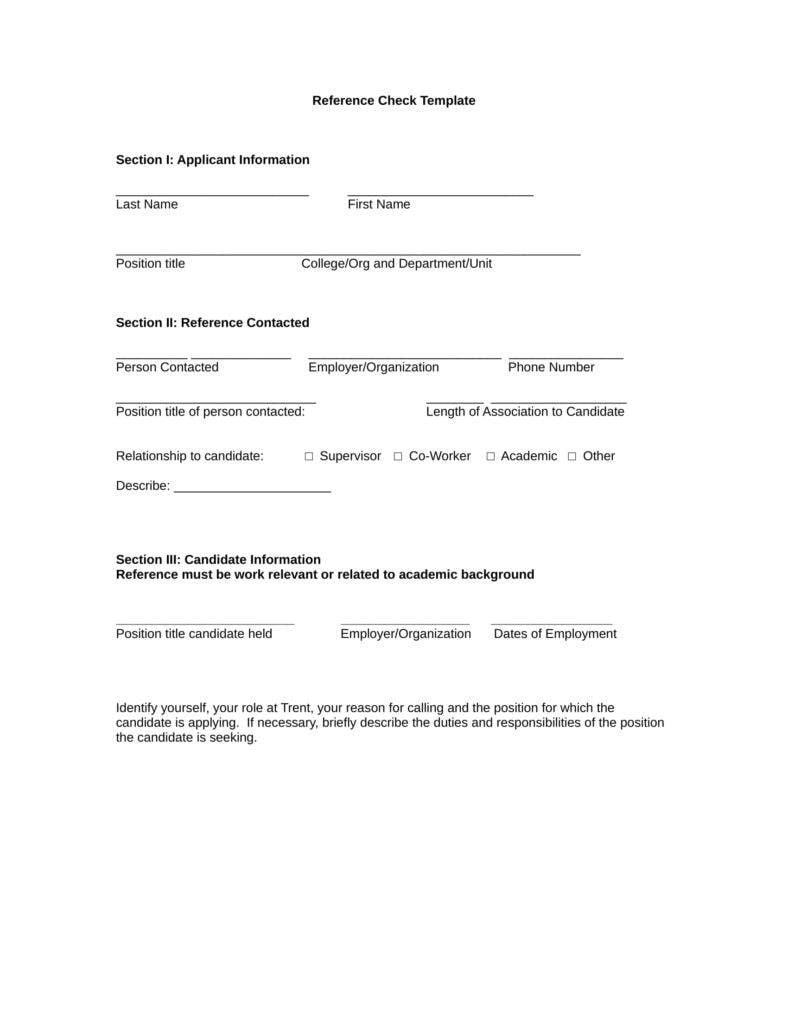
trentu.ca
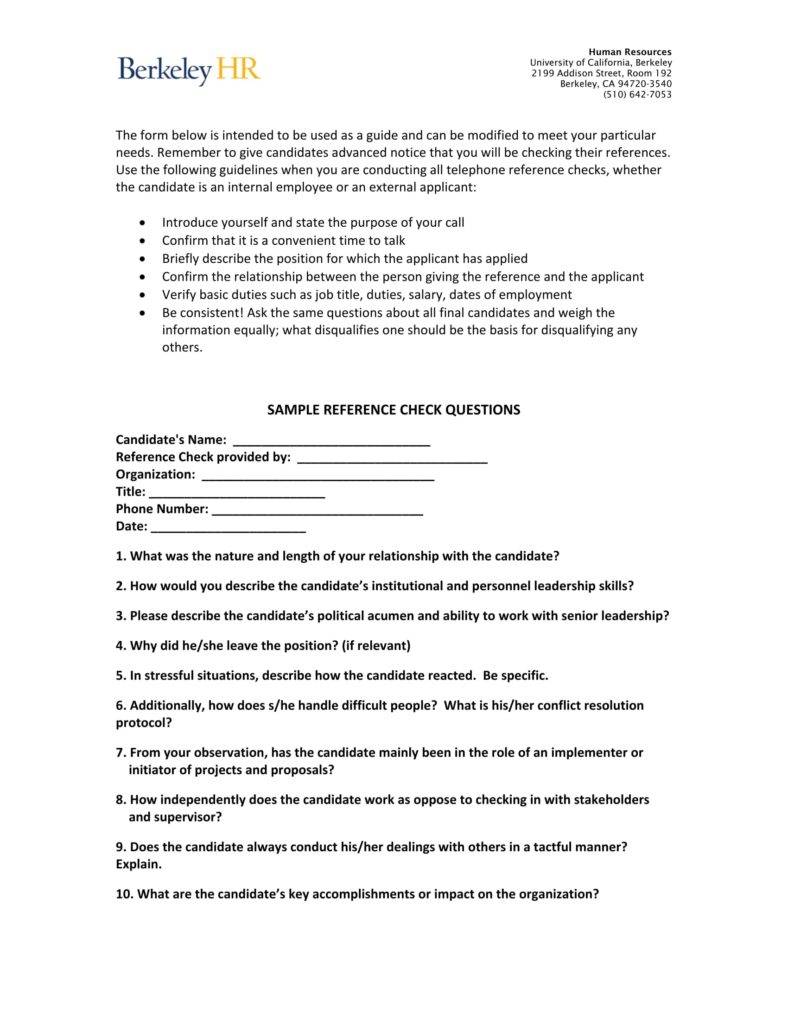
hr.berkeley.edu
Reference checks help potential employers confirm that the candidates in consideration for hiring are honest in their job applications as well as during their interview. Some of these questions are asked when checking references are asked, centering around job title, salary, employment dates, etc. Reference checks are also a great opportunity for the employer to get a sense of a candidate’s performance on the job and his or her personal qualities.
Whether you are an employer checking an applicant’s references or if you are a candidate who wants to know the type of questions that are going to be asked during a reference check, these are the standard questions typically used by a potential employer when they speak with your previous employer:
A lot of people who are trying to get a job usually ask the question, “When will my employer start checking up on my references?” or they could be asking something similar like, “When are they going to ask for my references?”
At one point, all you had to do was to simply hand over your job references to your employer after the first interview or you could have just simply sent it right alongside your resume. But these days, most employers ask for your references only when they know they are ready for them and not before that. And while it may be a hint that the employer is considering giving you a job offer, that is not often the case.
In today’s job market, references are a very important part of both the job application and hiring process. And this means that you have to come up with a list of people that you think who can speak about what you have regarding your most recent job performance.
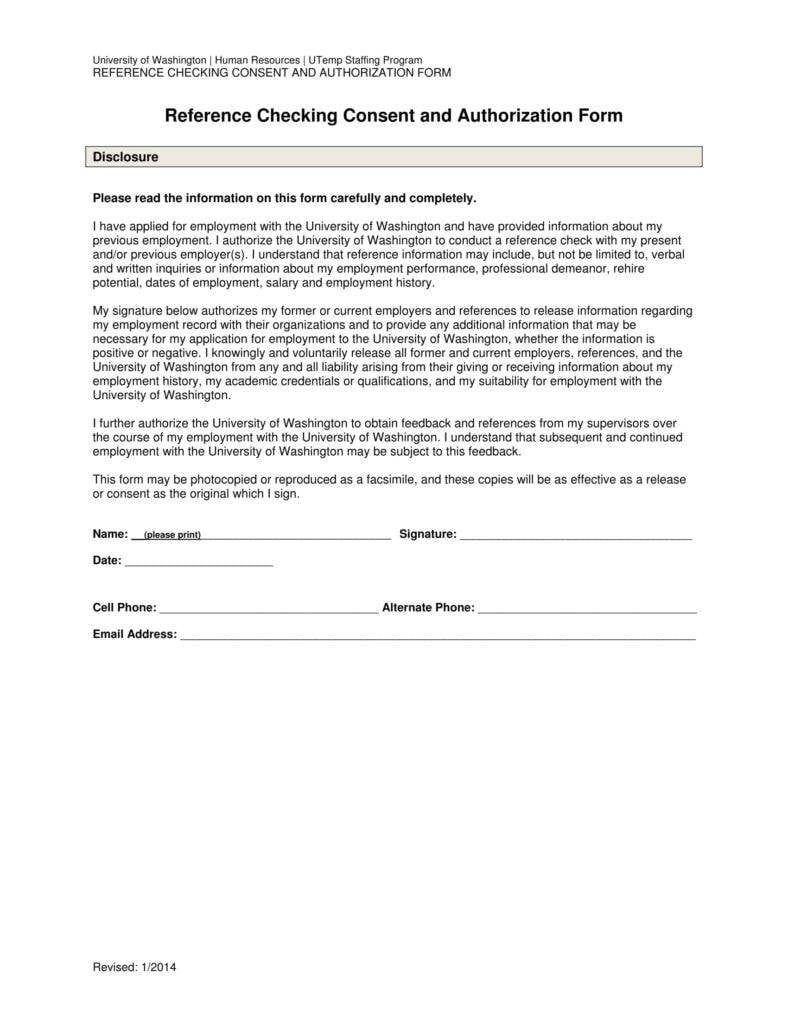
hr.uw.edu
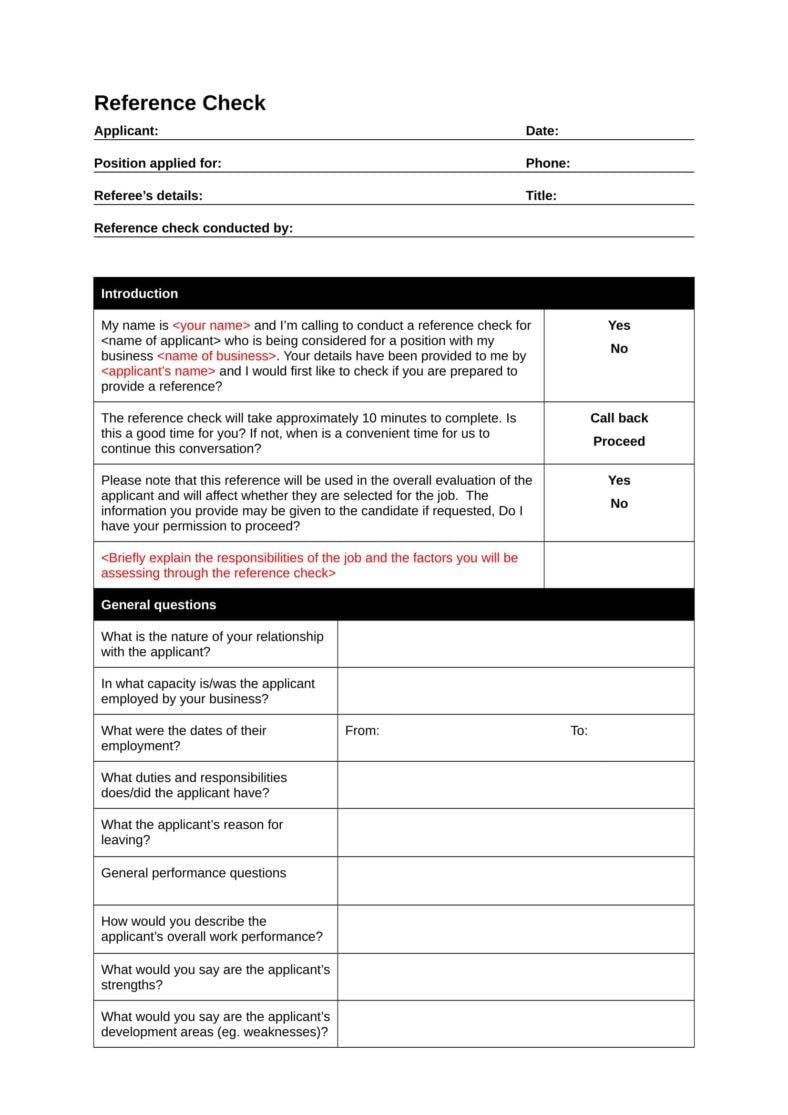
fairwork.gov.au
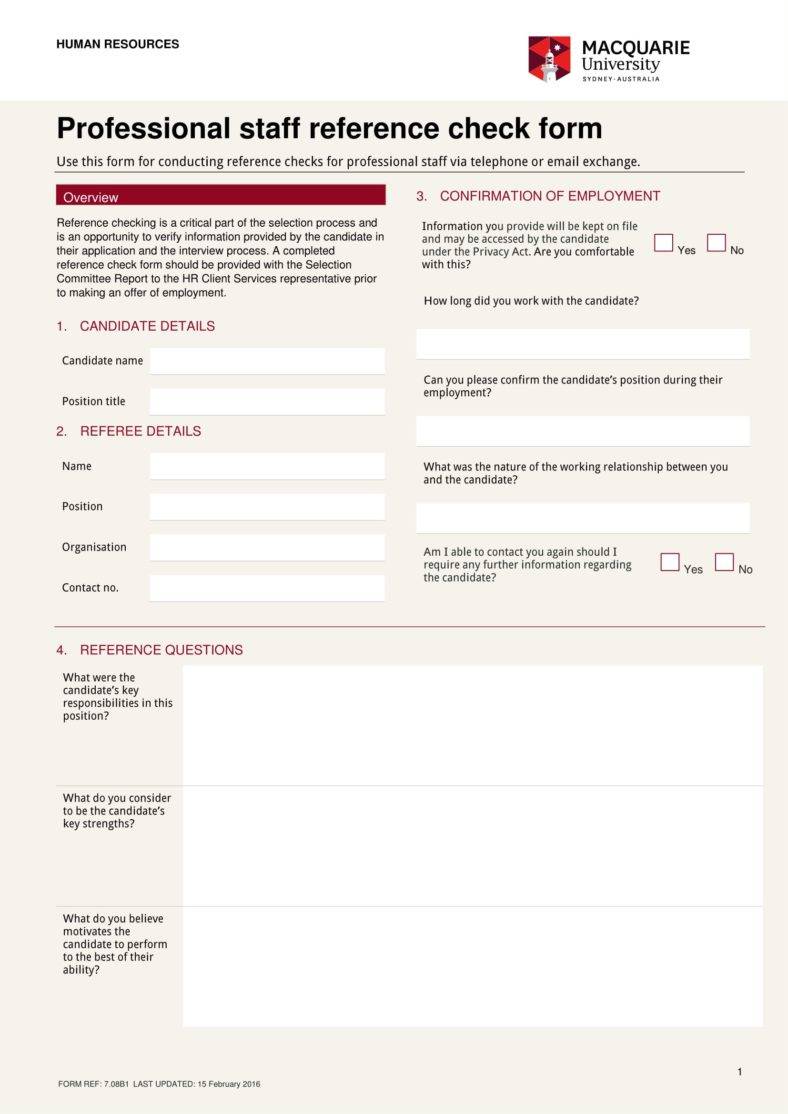
staff.mq.edu.au
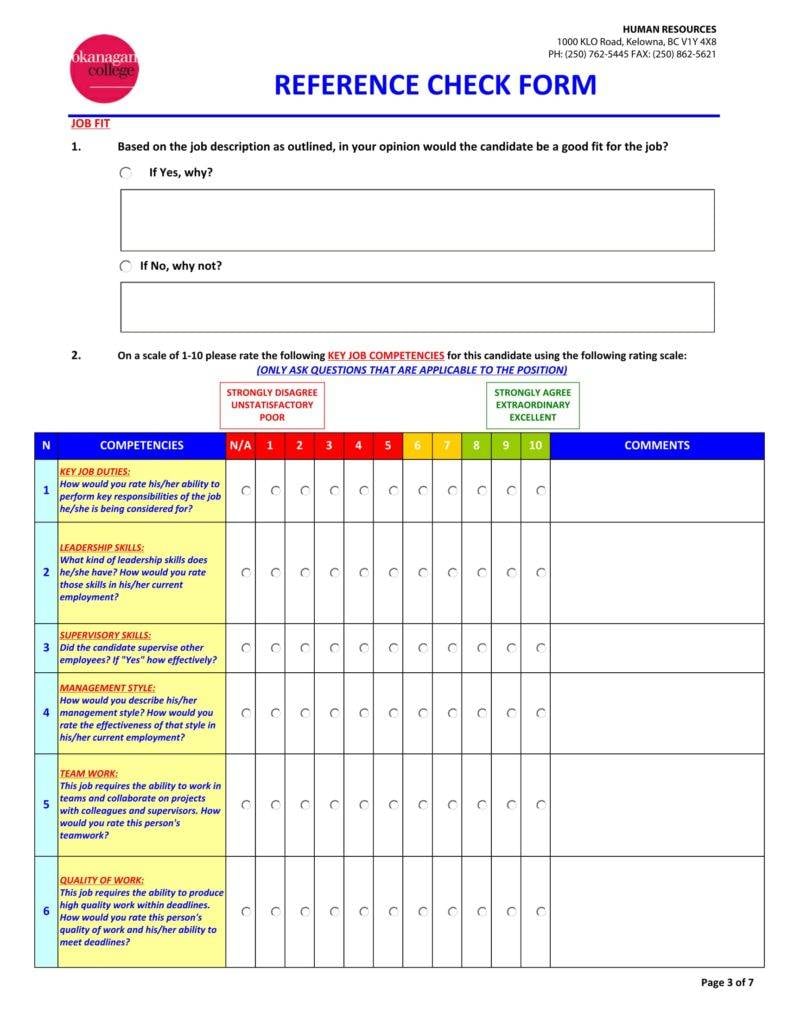
okanagan.bc.ca
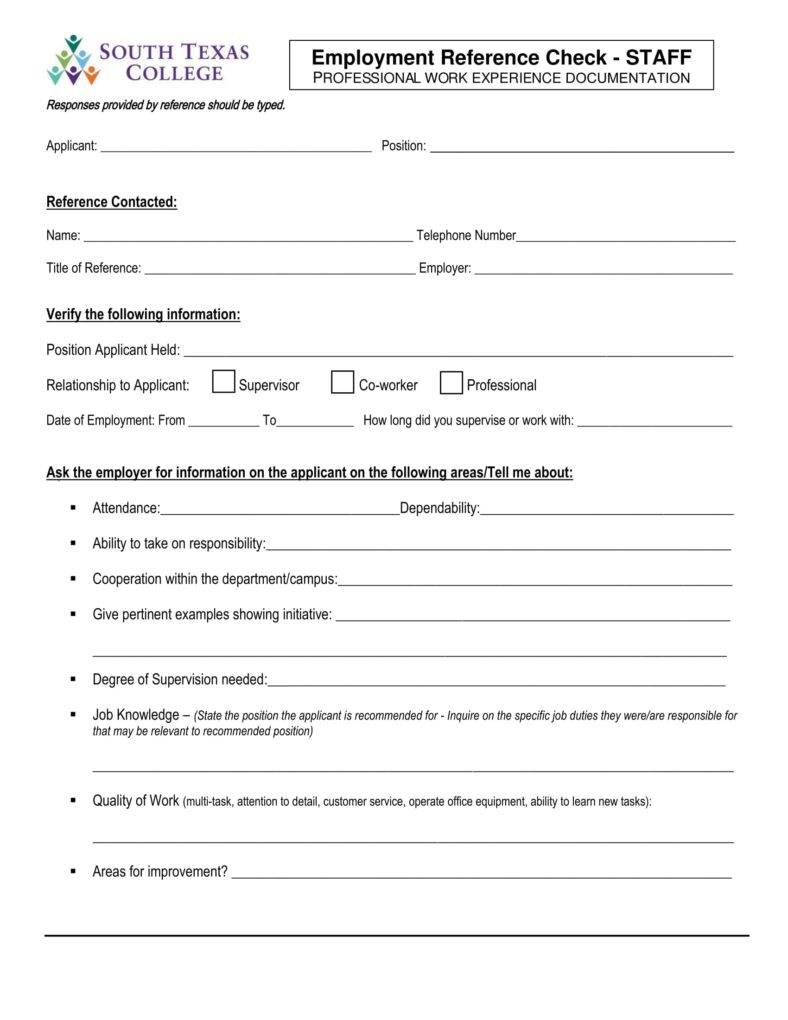
hr.southtexascollege.edu
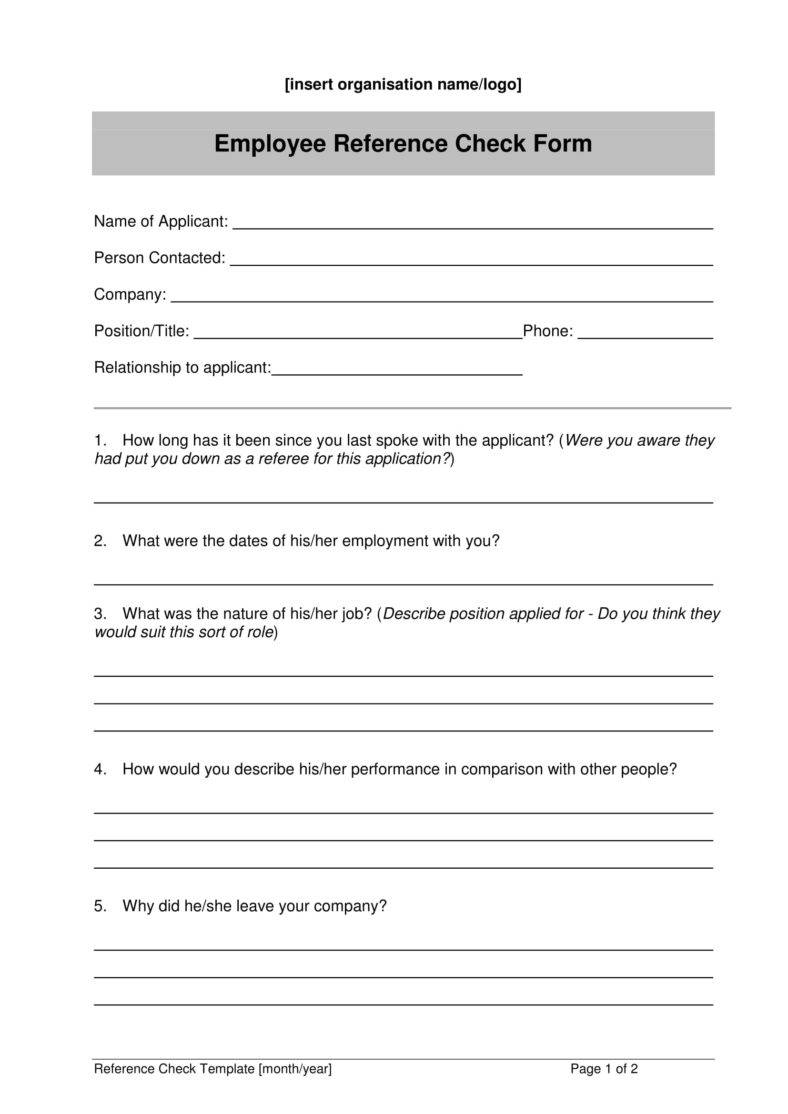
mob.mhcc.org.au
Although this can vary for the many different employers out there, it usually goes something like this:
The first thing that you should do is find former bosses and colleagues. You can use a LinkedIn search or a search engine to help you out. If you enter the person’s name and the company where the two of you used to work together, you may find them. Even if the company no longer exists, the references still have value.
If you have tried your best but you were not able to hunt down old colleagues or bosses, you can ask former teachers or people you have volunteered to serve as your references.
To know more reference checks, employee verification, and other work-related concerns, be sure to check out the other articles on this website.

In today’s fast-paced digital world, efficiency and consistency are key to content creation, and this is where the power of…
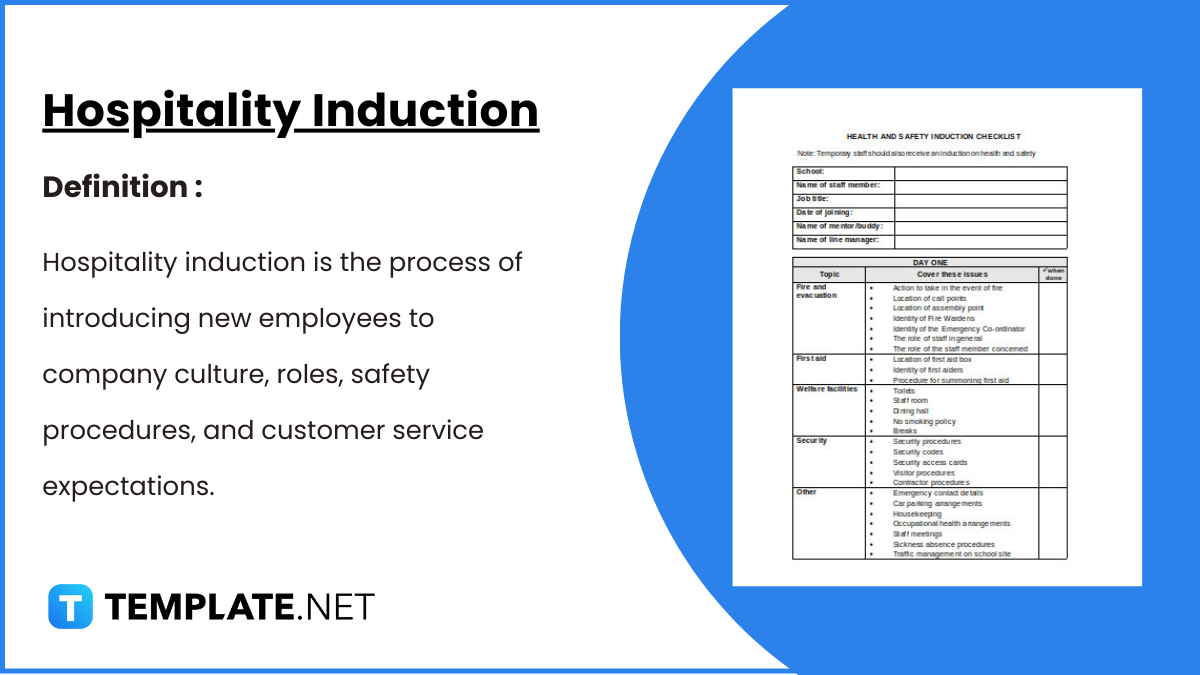
Hospitality Induction Templates are structured guides created specifically for the hospitality industry to facilitate the onboarding process for new employees.…
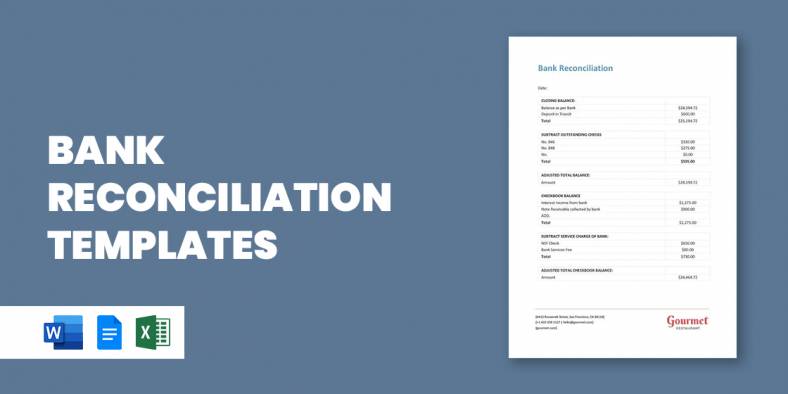
Whether you are a business or an organization, it is important for you to keep track of your business bank…
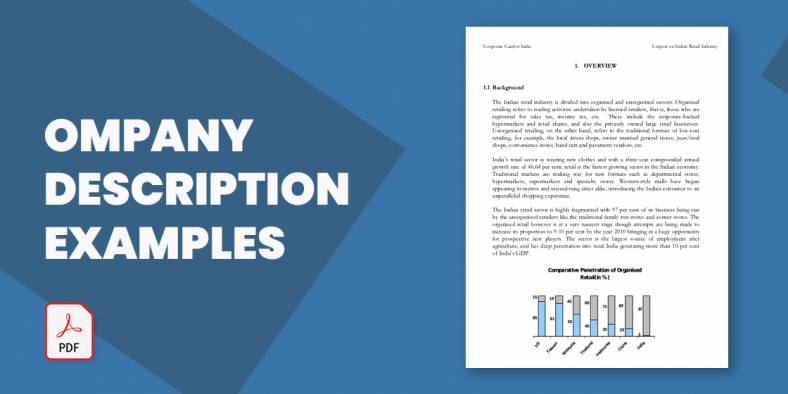
A Company Description provides meaningful and useful information about itself. The high-level review covers various elements of your small business…

A smartly designed restaurant menu can be a massive leverage to any food business.

Whether you need to keep neat records of received payments, or are looking for a template that helps you look…

The most widely recognized use for a sample letter of planning is the understudy who, after finishing secondary school, wishes…

The term “quotation” can refer to several things. While to some it may refer to a quote, which is proverbial.…

A catering quotation is a document that provides information about the initial price of the package offering of a caterer…